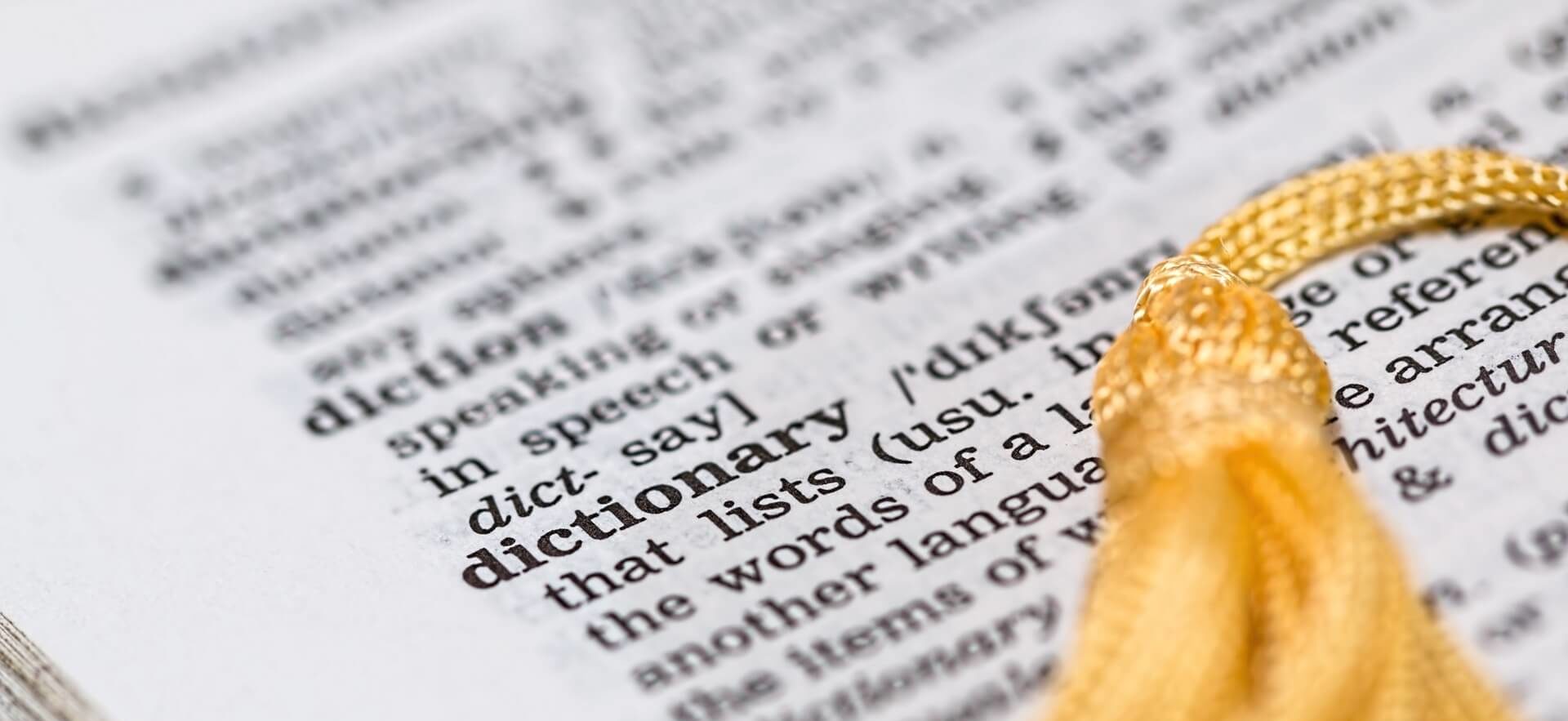Language is always evolving.
And there may be no better testament to that than Dictionary.com’s recent additions to its online database in March. Dad bod, struggle bus and dabbing are now deemed official words, according to the website.
In 2014, the Oxford Dictionary inducted YOLO, clickbait and binge-watch into its revered pages, signaling that the times, indeed, are a-changing.
But how does a word make the leap from slang to the dictionary? As it turns out, there are a couple of specific traits lexicographers look for when deeming certain words worthy or not.
Usage: Widespread, Sustained and Meaningful
According to Merriam Webster, whether a word makes the grade is dependent upon how often it’s used, and whether that usage is sustainable.
Dictionary editors read through books, newspapers and other materials and flag words that haven’t yet been officially defined when looking for possible additions to Merriam’s venerable tome.
When they come across a new word, or a different spelling or usage of an existing word, those findings will be documented in what’s called a citation. These citations contain the word itself, usage of the word in context and the source it was taken from.
Citations are reviewed by editors and, if applicable, added to the dictionary. Merriam says in order for a citation to be chosen, it must be cited by numerous publications over a substantial period of time.
Kory Stamper, who’s recently written a book on curating the dictionary while at Merriam, adds that a word must have a meaning in order to be dictionary-worthy, too. She refers to this as “meaningful use” in an interview with NPR. It sounds obvious that a word needs meaning, but as she explains, some don’t have “lexical” definitions.
In an interview with The New York Times, Stamper talks of revising the entry for “God,” which she says took four months.
The Descriptive Approach to the Dictionary
On its blog, Dictionary.com explains that editors take a “descriptive” approach to choosing words to define instead of a prescriptive one. That means they don’t deny words that might be seen as slang, but rather make decisions based on usage and “describe” the way a word is being used.
“Lexicographers are very unlikely to proclaim, ‘That’s not a word!’ unless they’re challenging an opponent in Scrabble,” the post reads.
Dictionary.com does, however, add that being famous makes creating your own word easier.
The site says that authors, for example, might have an easier time constructing a word that enters the common lexicon. This is the case with Shakespeare, and, more recently, J.K. Rowling. In April, the Washington Post reported that quidditch officially made its way into Merriam Webster.
It was also just announced that “sonic screwdriver,” a device made popular by the Doctor Who series, will be added to the Oxford English Dictionary.
It’s All Worth Using
Ubiquity seems to override perceived notions of propriety when it comes to making it into the dictionary. And as Stamper points out, if a word has proven itself as a component part of the language, there’s not much of an argument for keeping it out of Merriam or Oxford.
“People assume that there’s boundaries set around {the English language}, and that all the good stuff is on the inside and everything on the outside is bad or not worth using,” she told NPR.
“But it’s all worth using, and all of it is required to make the language flourish.”

